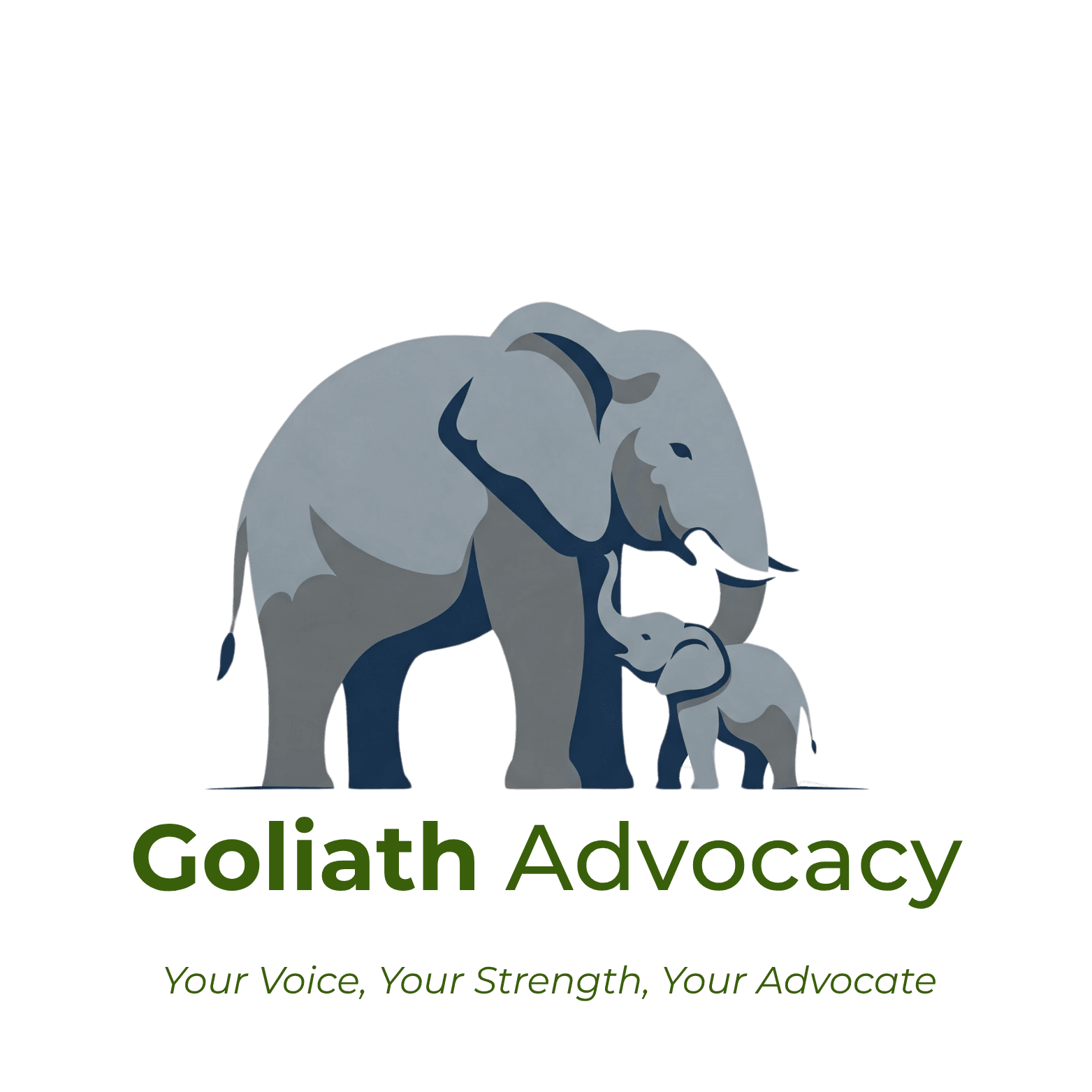Men’s Health Month 2025: A Heartfelt Check-In on Men’s Mental Health
JD
June is National Men’s Health Month, a time set aside by Congress to shine a light on the unique physical and mental-health needs of men of all backgrounds. This post is a personal invitation from our care-minded team to you, your family, and every man who might need a gentle nudge to pause, check in, and take steps toward fuller wellness.

Why Focus on Mental Health?
Men are nearly four times more likely to die by suicide than women in the United States. White males account for roughly 68 % of suicide deaths, yet rates are also climbing in other communities, including Indigenous and Black men. Neurodivergent men, particularly those with autism or ADHD, report significantly higher rates of anxiety and depression than neurotypical peers.
Those numbers are more than statistics; they’re fathers, sons, uncles, brothers, partners, coworkers, and friends. This month is about turning empathy into everyday action.
Unique Challenges for Neurodivergent & Developmentally Disabled Men
Communication Hurdles
Difficulty expressing complex emotions can mask distress until it becomes crisis-level.
Social Isolation
Sensory sensitivities or executive-function challenges can limit participation in typical “guy time” activities, shrinking support networks.
Stigma
Traditional “tough it out” masculinity expectations collide with misunderstandings about neurodivergence, creating a double wall of silence.
Healthcare Barriers
Clinics may lack the training or sensory-friendly environments needed to serve autistic or intellectually disabled men effectively.

Mental Health Matters
Mental health is just as important as physical health, yet it is often overlooked. Men are frequently hesitant to discuss mental health issues due to societal stigmas. Men's Health Month aims to break these barriers by encouraging open conversations and seeking support when needed. Practices such as mindfulness, meditation, and connecting with loved ones can help improve mental well-being and reduce stress.
Building Strong Support Networks
Having a solid support network can make a significant difference in managing health challenges. Whether it's family, friends, or community groups, having people to rely on provides emotional support and motivation. Joining local sports teams or participating in group activities can also foster new connections and promote social engagement.

Addressing Specific Health Concerns
Certain health concerns are more prevalent in men than women, including prostate cancer, lung cancer, and high blood pressure. Awareness campaigns during Men's Health Month aim to educate men about these conditions and the importance of regular screenings and a proactive approach to health management.
Encouraging Regular Health Check-Ups
Despite the known benefits of regular health check-ups, many men skip routine visits to their healthcare providers. Encouragement from family and friends can play a vital role in changing this behavior. Simple reminders about annual physicals or setting up appointments together can motivate men to take this crucial step towards better health.
Simple, Science-Backed Steps Toward Better Mental Health
| Everyday Action | Why It Helps | Quick Tip |
| Schedule a physical & mental-health screening | Early detection saves lives. | Bring a short bullet list of concerns so nothing gets missed. |
| Move your body | Exercise reduces anxiety and boosts mood. | Try 10-minute walks after meals if gyms feel overwhelming. |
| Track sensory overload | Awareness prevents meltdowns/burnout. | Keep a “sensory diary” on your phone for one week. |
| Practice “micro-social” moments | Even brief positive contact lowers loneliness. | Text a joke or meme to a friend daily. |
| Find an outlet | Creative or tactile hobbies regulate emotion. | Our workshop “Find Your Outlet” explores music, woodworking, journaling, tech, and more. Check back for further details. |
A Personal Note Before You Go
If you’re reading this and wrestling with overwhelm, please remember: You deserve support exactly as you are. Strength is not the absence of struggle; it’s the willingness to reach out, to learn new coping tools, and to let trusted allies walk beside you.
From one human to another, your story matters, and help is only a conversation away. Let’s make Men’s Health Month 2025 the moment you put your mental wellness on the calendar and keep it there.
Quick Resources & Crisis Lines
- 988 Suicide & Crisis Lifeline: Dial 988 in the U.S. (call, text, or chat)
- Crisis Text Line: Text “HELLO” to 741741
- NAMI Helpline: 1-800-950-NAMI (6264)
- Autistic Self Advocacy Network (ASAN): autisticadvocacy.org
- Men’s Health Network: menshealthnetwork.org
